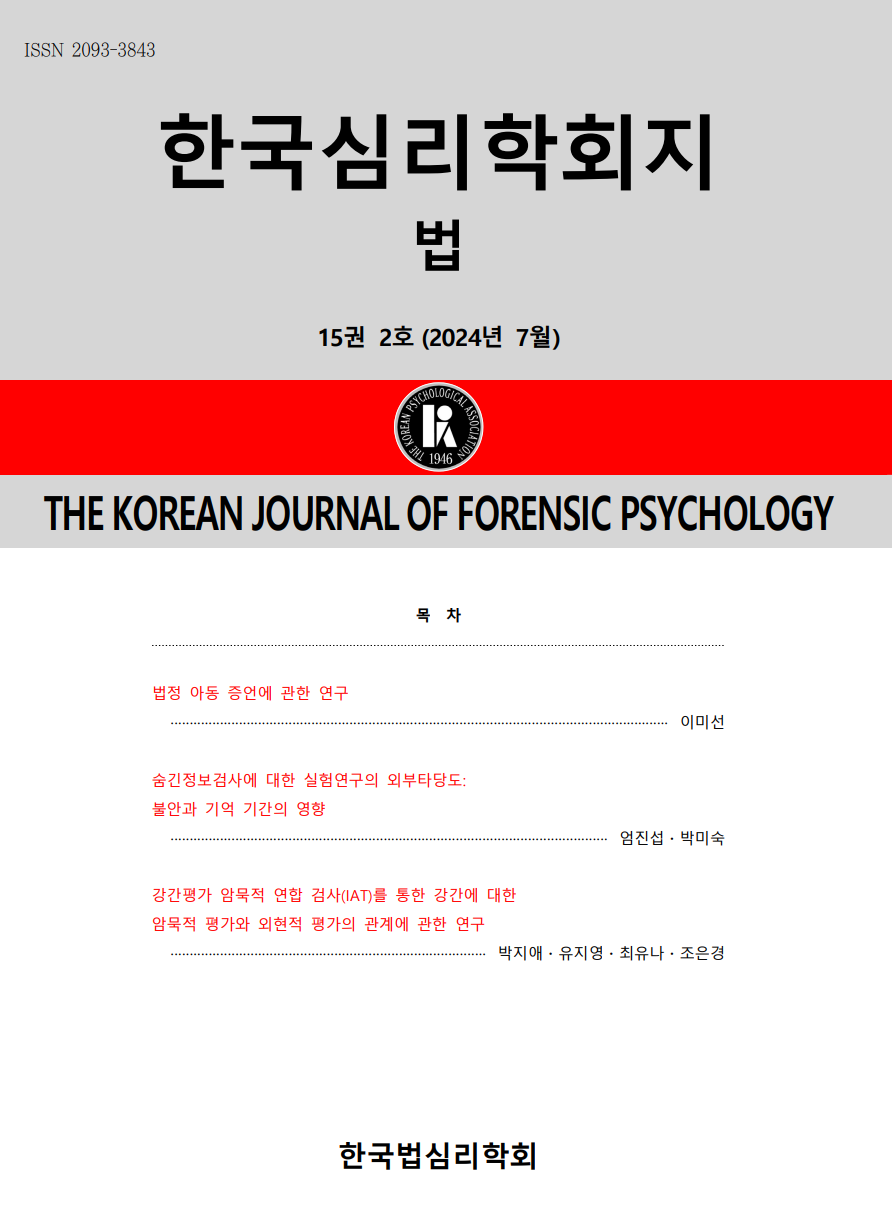open access
메뉴
open access
메뉴 ISSN : 2093-3843
ISSN : 2093-3843
When it comes to sentencing sex crimes in our society, there is a growing criticism that the level of punishment is excessively lenient and that the trials are centered around the perpetrators. Therefore, there is a need to examine what factors cause this generous sentencing. The purpose of this study is to investigate the factors affecting the sentencing of rape among sex offenses by analyzing judgement. In particular, the analysis was conducted focusing on probation and sentencing, which are the most problematic parts of the sentencing for rape. For this purpose, 637 cases of rape cases in which a upper instance exists, included in the judgment database, were analyzed. As a result of the analysis, it was found that the factor that has the greatest influence on the sentence of probation and sentence of the defendant was the recognition of the absence of punishment, a special sentencing factor. If ‘the victim opposes punishment’ is recognized, the likelihood of the probation increases and the sentence is significantly reduced. In addition, it was found that the absence of punishment had a significant effect on the change of the sentence of the lower court from a higher court to a suspended sentence. These findings indicate a controversy surrounding the current sentencing standards and emphasize the necessity of thoroughly considering improvements to the sentencing system in the future. Finally, the study discussed the limitations, provided suggestions for future research, and explored the implications of the findings.